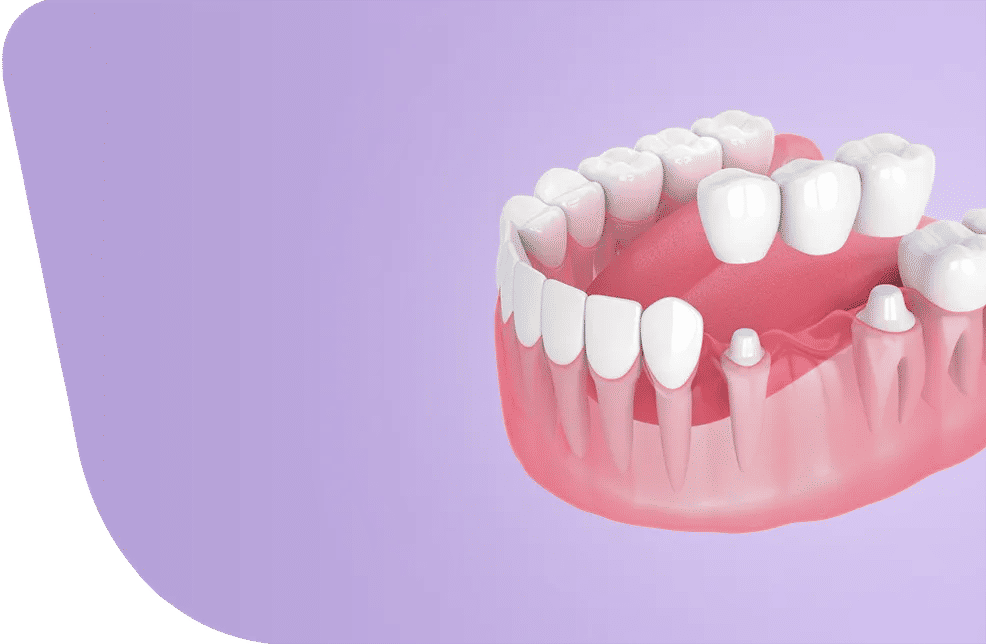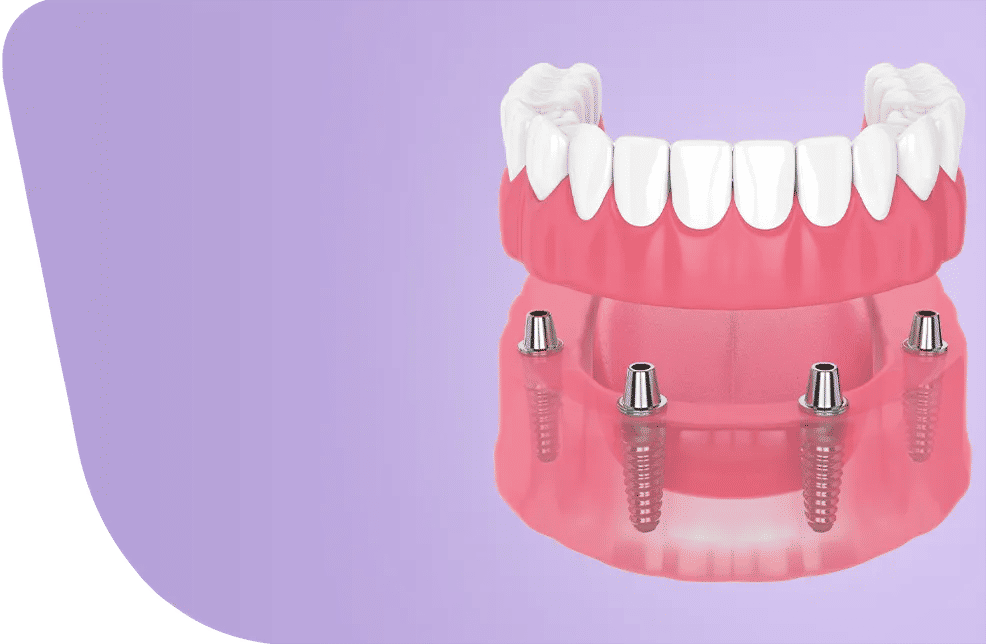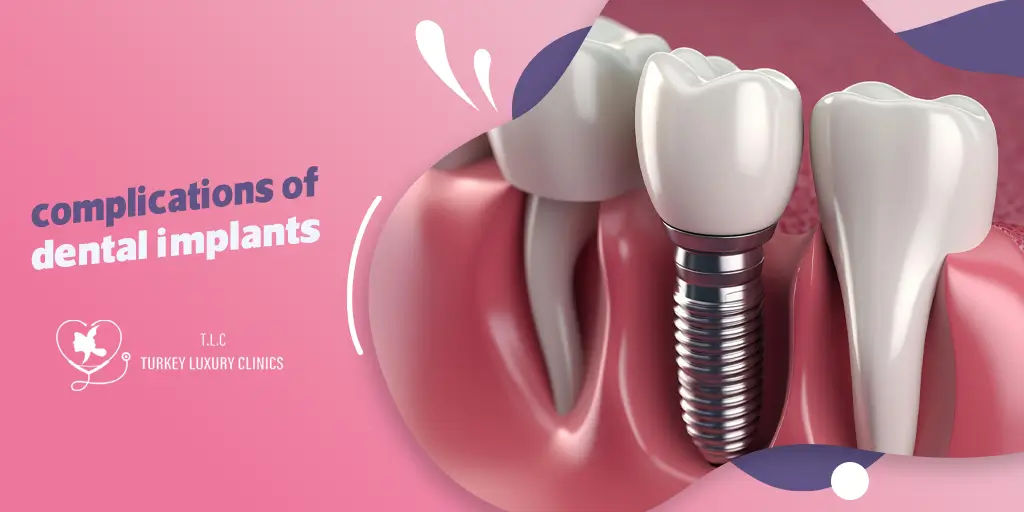- - What Impact Does Smoking Have on Dental Implants?
- - Pre-treatment options for dental implantation & smoking
- - Diabetes and Its Effects
- - Understanding the Risks
- - Guidelines for Diabetic Patients
- - Conclusion
- - FAQs
Dental implants are a popular and effective solution for replacing missing teeth, offering both aesthetic and functional benefits. However, many people with diabetes or heavy smoking habits often wonder if they are viable candidates for this procedure.
The good news is that, in most cases, people with controlled diabetes can successfully receive dental implants. When it comes to smokers, the possibility of having dental implants is not completely ruled out.
What Impact Does Smoking Have on Dental Implants?
It should be noted that there is an adverse interaction between dental implants and smoking. Please be advised of the potential risks associated with smoking and receiving dental implants.
Slow Recovery
Smoking can make it harder for your gums and jawbone to recover after a dental implant procedure. This can mean a longer recovery period and a higher risk of the implant not fusing properly with the jawbone. It can also increase the chance of implant failure, infection, and other oral health issues.
Higher Chance of Implant Failure
Smoking also raises the odds of an implant failing. The nicotine and other chemicals in cigarettes can weaken the bone, making it harder for the implant to fuse with the bone. On top of that, smoking can also increase the risk of developing an infection, which could lead to the implant failing if it's not treated quickly.
Increased Risk of Infection
If you smoke, you're more likely to get sick. Smoking cigarettes can weaken the immune system, making it harder for the body to fight off infections. This can lead to the implant failing or the need for more invasive surgeries.
Increased Risk of peri-implantitis
Peri-implantitis is when the tissue around the implant gets infected and inflamed. Smokers may be more prone to peri-implantitis, which can result in implant failure and the necessity of further surgeries. Also, smokers are more likely to develop periodontal disease, which can further affect the outcome of dental implant treatment.
Quitting smoking is ideal for better success with dental implants. If that's not possible, stop smoking one week before and two weeks after surgery.
Pre-treatment options for dental implantation & smoking
Gum Disease Treatment
Gum disease is a critical factor in tooth loss because it weakens the gum tissue and the jaw bone, which is crucial for supporting dental implants. To prevent further loss and ensure a stable foundation, treatment of gum disease is essential. However, peri-implantitis, a condition that affects the tissues around implanted teeth, can occur if smoking continues after treatment.
Soft-Tissue Graft
Soft tissue grafting is a viable solution when smoking has caused gum disease resulting in significant gum recession. The goal of this procedure is to restore gum tissue so that your gums have sufficient depth to securely anchor your dental implants. The transplanted gum tissue also covers exposed nerves. This eliminates the sensitivity and pain associated with receding gums.
Bone Graft
If smoking has caused significant bone loss in your jaw, having bone transplanted is a viable solution. The implanted bone will increase the height of your jawbone and ensure that it has the necessary strength and depth to support the successful placement of dental implants.
The maintenance of a tobacco-free lifestyle remains essential for long-term oral health.
Diabetes and Its Effects
Diabetes is a metabolic disorder that affects the body's ability to use glucose, a simple form of sugar. Insulin, which is produced by the pancreas, plays an important role in the regulation of glucose levels. People with diabetes frequently experience fluctuations in blood sugar, which may result in health complications such as gum disease, tooth loss, vision loss, kidney disease, and nerve damage.
Understanding the Risks
Diabetes, particularly if not well-managed, can pose certain risks to dental implant success. Uncontrolled diabetes can lead to a higher risk of infection, slower healing, and an increased chance of implant failure. However, recent studies have shown that with proper management of blood sugar levels, these risks can be significantly minimized.
According to a meta-analysis, diabetes does influence the long-term prognosis of dental implants, but well-controlled diabetes patients have implant success rates comparable to non-diabetic individuals (Nature). Another study indicated that the implant survival rate in diabetics ranges from 96.3% to 100%, which is quite encouraging (PubMed).
Guidelines for Diabetic Patients
Here are some important guidelines to follow if you have diabetes and are considering dental implants:
- Control Blood Sugar Levels: Ensure your diabetes is well-managed. A hemoglobin A1C level below 7% is generally considered good control (Washington Dental School).
- Consult Your Healthcare Providers: Work closely with both your dentist and endocrinologist to monitor your condition before and after the implant procedure
- Pre-Surgical Precautions: Your dentist may recommend prophylactic antibiotics and antiseptic mouth rinses to lower the risk of infection (NCBI).
- Healthy Lifestyle: Maintain a balanced diet rich in fruits and vegetables, and avoid sugary foods that can hinder healing and increase infection risks.
- Regular Follow-Ups: Post-surgery, regular check-ups are crucial to monitor the healing process and ensure the implants are integrating well with the bone.
- Rigorous Oral Care: In order to prevent complications associated with dental implant therapy, you must maintain meticulous dental hygiene. Diabetes increases vulnerability to gum disease, which threatens the stability and longevity of dental implants.
Conclusion
Smokers and diabetics can receive dental implants, but they should be aware of the increased risks and potential complications associated with their conditions. The increased risk can be attributed to the constricting and narrowing effects of tobacco and nicotine on the gum tissues of the mouth, which impede the healing process necessary for the successful integration of dental implants. Similarly, diabetics are at risk for slow osseointegration and post-implant failure.
FAQs
- What is the success rate of dental implants for smokers?
A recent study has found that smokers are more likely to have dental implants fail. The study found failure rates ranging from 6.5% to 20% in smokers compared to non-smokers.
- Can I use nicotine replacement therapy instead of quitting smoking?
This option is not advised. It should be noted, however, that nicotine replacement therapy can restrict blood flow to the gums and jawbone. This has the potential to negatively impact the healing process.
- What can diabetics do to improve the success of dental implants?
Careful diabetes management, oral hygiene, gum disease treatment and regular checkups.
- Can dental implants fail in diabetics?
Due to slow healing and susceptibility to infection, uncontrolled diabetes increases the risk of implant failure.














.webp)
.webp)
.webp)
.webp)

